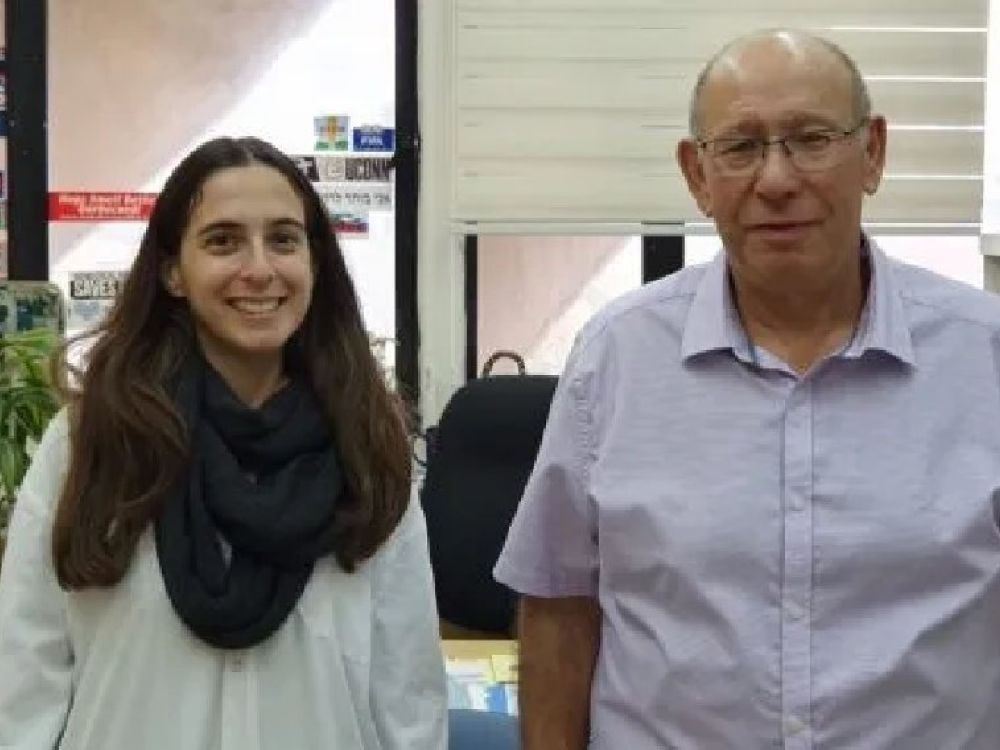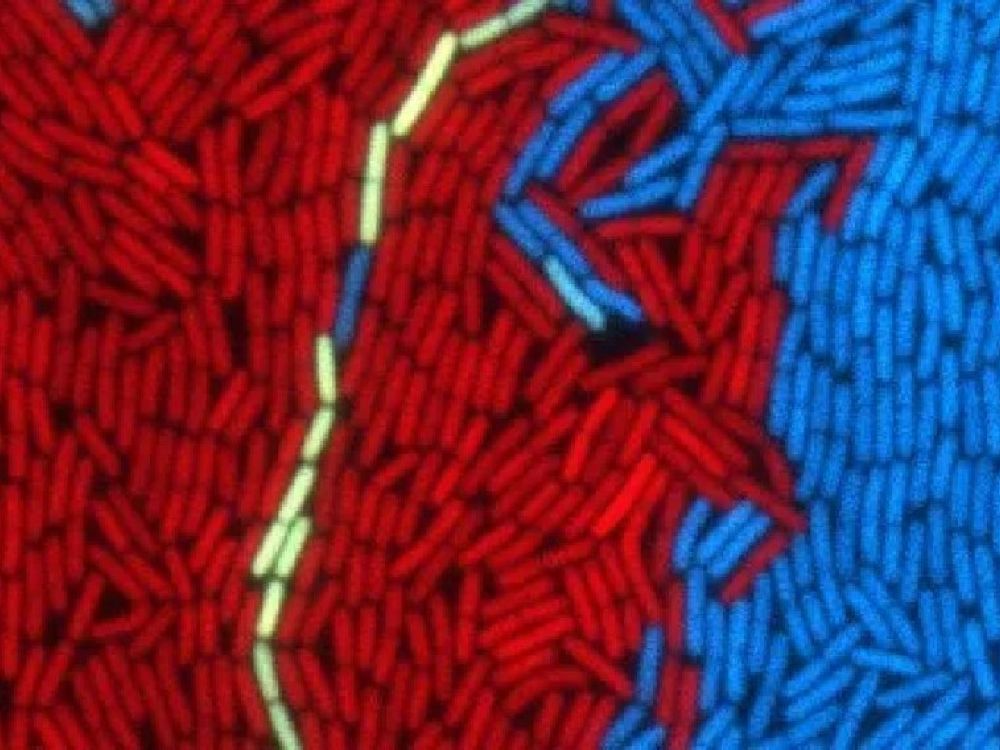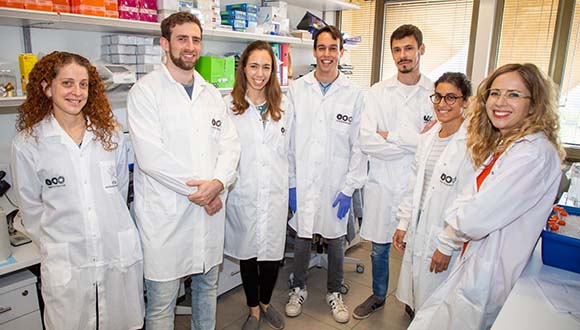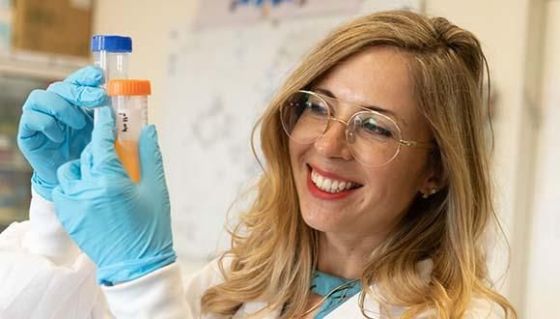
A Healthier Alternative to Antibiotics
New study proves biological treatment can be a suitable alternative to antibiotics.
In a groundbreaking new study led by Dr. Natalia Freund and doctoral candidate Avia Watson at the TAU Sackler Faculty of Medicine, researchers were able to develop a “biological antibiotic” and demonstrates that human antibodies can offer an alternative to the traditional chemical antibiotics. The study was conducted in collaboration with laboratories in the United States and China and published in the prestigious scientific journal Nature Communications.
During the past century, antibiotics have served as the main treatment against bacteria, being both efficient and cheap. Antibiotics are chemical agents, designed to block and destroy specific cells, such as microbial cells. However, since some biological mechanisms are common to both human and microbial cells, the range of antibiotics that can safely be used without harming the patient is limited. For example, cell wall components of many strains of microbes are common to human cells; therefore, any damage caused to the microbial cell walls can lead to extensive damage to body systems. Furthermore, in recent years the number of microbial strains that are resistant to existing antibiotics has grown, which presents new challenges of defending the body from microbes in the post-antibiotic era.
For these reasons, Dr. Natalia Freund and her laboratory team have spent the recent years searching for a biological alternative to known antibiotics. Dr. Freund explains, “Advances in biological medicine have enabled us to rout the germs in new ways that are not based solely on antibiotics, allowing for a solution to the challenge posed by resistant germs. Our study is an initial proof of the concept of employing monoclonal antibodies (derived from single cells) as an effective therapy for combating bacterial pathogens”. Antibodies are proteins that are produced naturally by our immune response following infection or a vaccine. They harbor many advantages such as specificity, stability and safety. This is why antibodies are today in widespread use in the clinic for treatment of cancer, autoimmune diseases and viral infections such as COVID-19.
Tuberculosis as Test Case
The research team chose Tuberculosis, which is caused by infection of the bacilli Mycobacterium tuberculosis, as a test case and were able, for the first time ever, to create an effective treatment based on anti-bacterial antibodies that developed naturally during infection (the antibodies were extracted from a patient who had been infected, and has since recovered, from tuberculosis). Another reason for the choice of tuberculosis is that although the vaccine against tuberculosis was developed 100 years ago (and is based on the attenuated bacillus bovis (BCG) strain), it is not effective for adults and does not prevent infection. In addition, in recent years, more and more strains of disease have developed that are resistant to the only treatment currently available: treatment with antibiotics. Since tuberculosis bacteria are highly contagious and are transmitted through the air and damaging to the lungs, the spread of untreated resistant strains of tuberculosis constitutes a real hazard. Today, about a quarter of the world’s population is infected with tuberculosis, with the rates of drug-resistant strains peaking as high as 40% in some countries. In Israel, there are about 200 active tuberculosis cases every year.
Dr. Natalia Freund and her research team
Future Targets: Pneumonia and Staphylococcal Infections
Due to the size and complexity of the tuberculosis bacillus, previous efforts to isolate monoclonal antibodies against it have been futile. The researchers in Dr. Freund’s laboratory have succeeded in isolating two types of antibodies which contributed to a 50% reduction of the bacterial levels in mice relative to other mice that were not treated with antibodies. These antibodies have been found to be effective against three different strains of the tuberculosis bacterium and are expected to be effective also against additional strains that have not yet been investigated, including strains that are resistant to antibiotics
Following the success of the study, Dr. Freund’s laboratory is currently exploring the possibility of extending the “biological” substitute for antibiotics to include other diseases. “The demonstrated case for this study will enable us to expand on our future work to include diseases such as pneumonia and staphylococcal infections,” says Dr. Freund.
Related posts
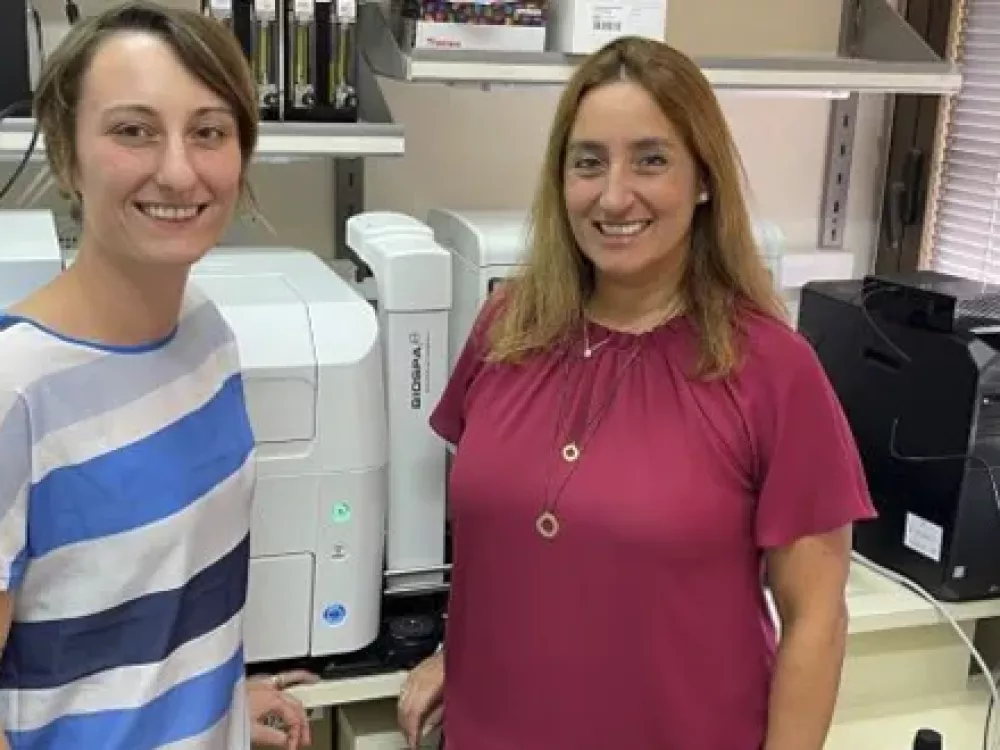
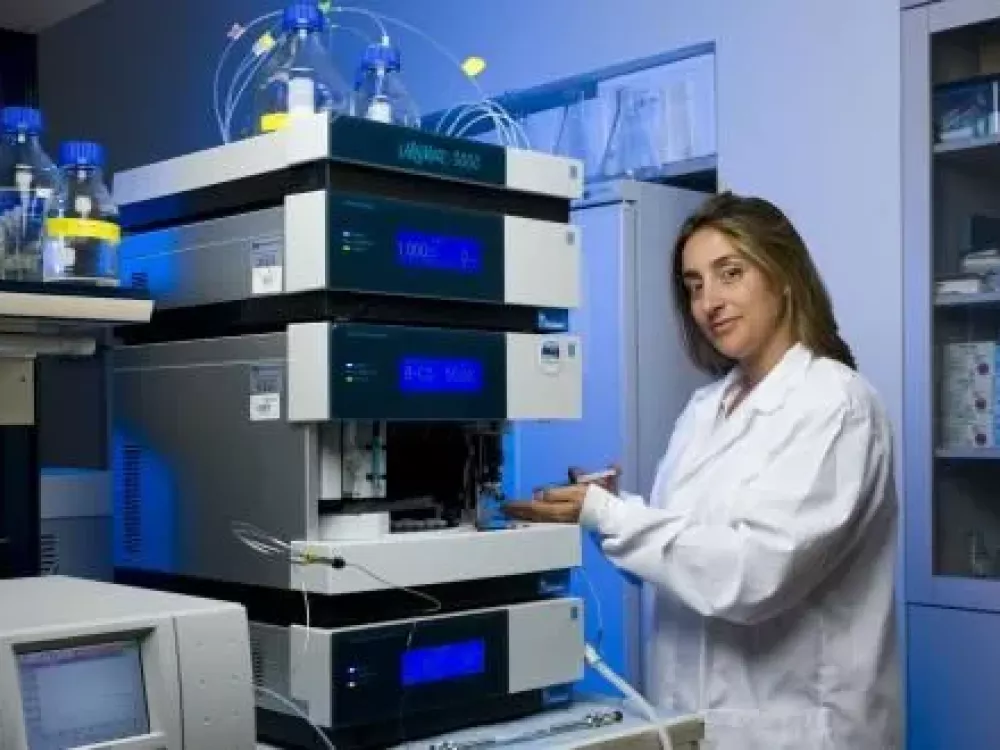

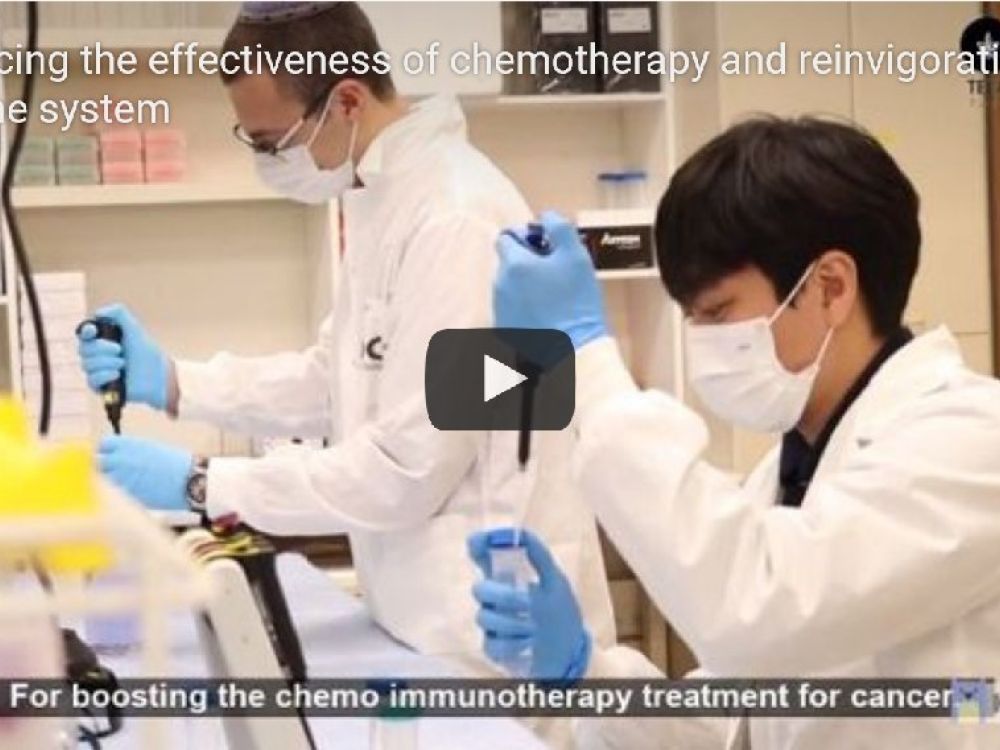

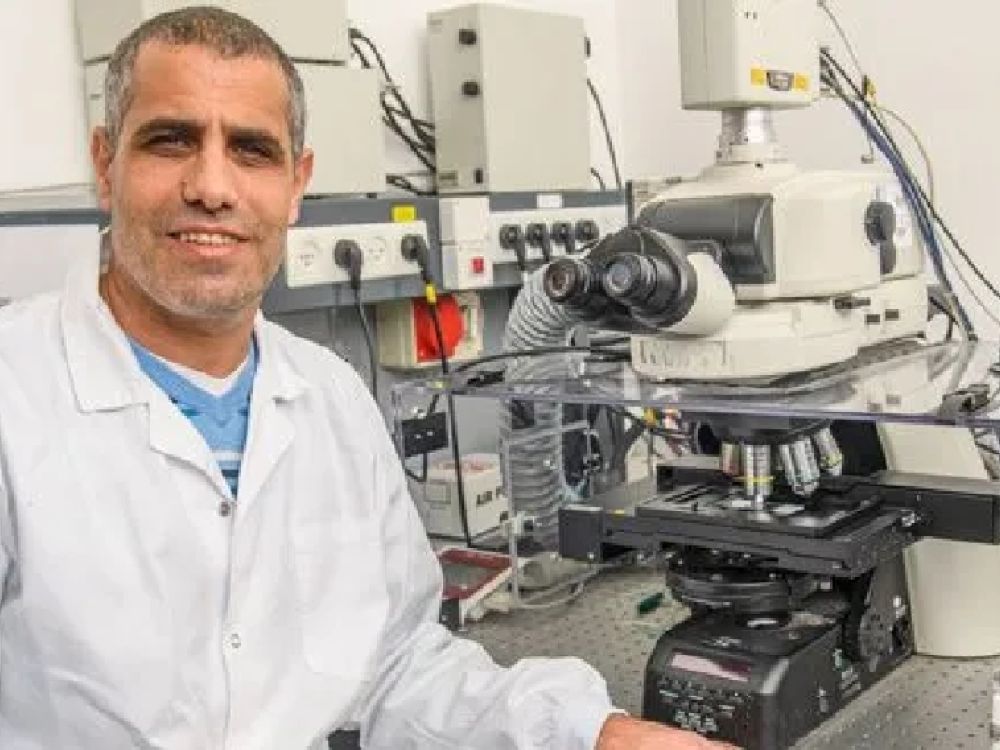
TAU Breakthrough Offers New Hope to Help People With Paralysis Walk Again
